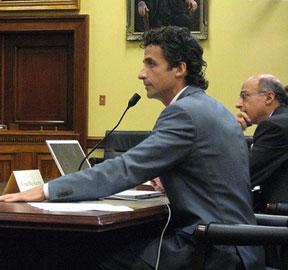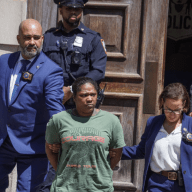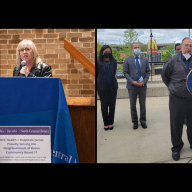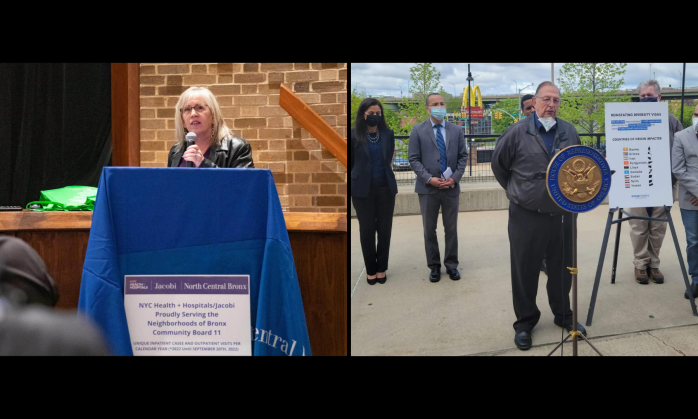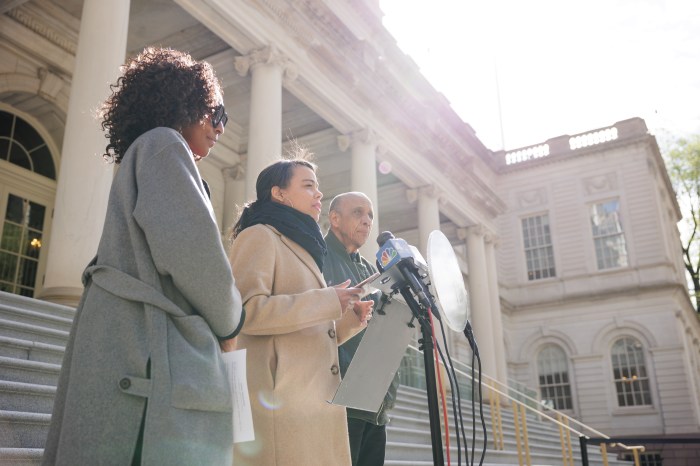A Congressional hearing was held on Wednesday, September 17, to address the issue of Public, Educational, and Government Access for Cable Television.
BronxNet executive director, Michael Max Knobbe was provided a chance to testify in front of Congressman Jose Serrano and the United States House of Representatives, Appropriations Committee’s Subcommittee on Financial Services and General Government.
This hearing was designed to address the growing problems faced by the PEG programs, from telecommunications companies who are refusing to abide by the Cable Act.
“Congress adopted the Cable Act of 1982 and 1992 and set forth principles and guidelines for communities to benefit from providers using the public rights-of-way,” said Knobbe.
This act was set to protect these vital community channels from infringements against PEG programs that provide valuable and vital information to local communities.
“The intent of this federal law is to provide the opportunity for cable operators to give back to the community in exchange for being granted the right to serve that community and to use the public airways to deliver those services,” noted Serrano. “By granting this authority, Congress recognized that PEG programming is in the public interest and essential to our communities as an outlet for free speech, local information and opinions, and emergency communications.”
The Cable Act protects PEG programming from ‘channel slamming.’ This is when a company moves the PEG channel from a low tier, to a different location in the upper channels where it may be difficult to find and access by the public
“Channel slamming is bumping PEG channels off the basic tier and banishing them to a digital Siberia,” said Knobbe. “You take a PEG channel from the 40s and put it in the 300s or 900s. It’s marginalizing a very important resource for people in terms of neighborhood issues and public policy information.”
Another issue involved is the quality of picture being delivered to the viewers; the PEG products are being transmitted with low resolution, degrading the quality of the programs.
“The signal quality is not broadcast quality and it is hurting the impression and experience of local content,” said Knobbe. “Companies like AT&T, are making it a downloadable thing, you have to wait for it to load. It’s a vastly inferior product.”
According to Knobbe, as technologies are emerging, PEG should be able to take advantage of these new developments, but instead they are moving backwards.
“People should be able to choose ‘on demand’ if they miss that cabinet meeting, a young person in a play, or a local sports game. People should be able to see it ‘on demand’ as these technological services are now available,” stated Knobbe.
BronxNet not only delivers valuable information to the community, but also provides a learning experience for students and the public. Anyone who wishes to take a course can sign up to be trained and certified in field production or television studio production. BronxNet allows the free use of its equipment and grants access to the technology necessary for any project.
“BronxNet is what you want it to be, it’s a forum for ideas that help bring us together. This needs to be protected,” said Knobbe. “This is a product produced right here in the Bronx, about the Bronx, for the Bronx, and by the Bronx.”

